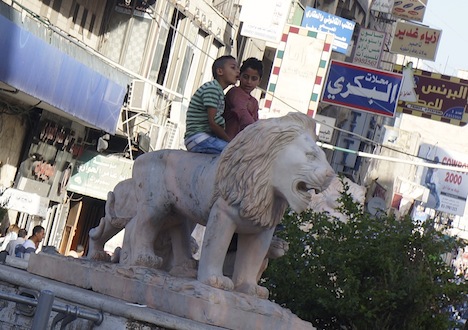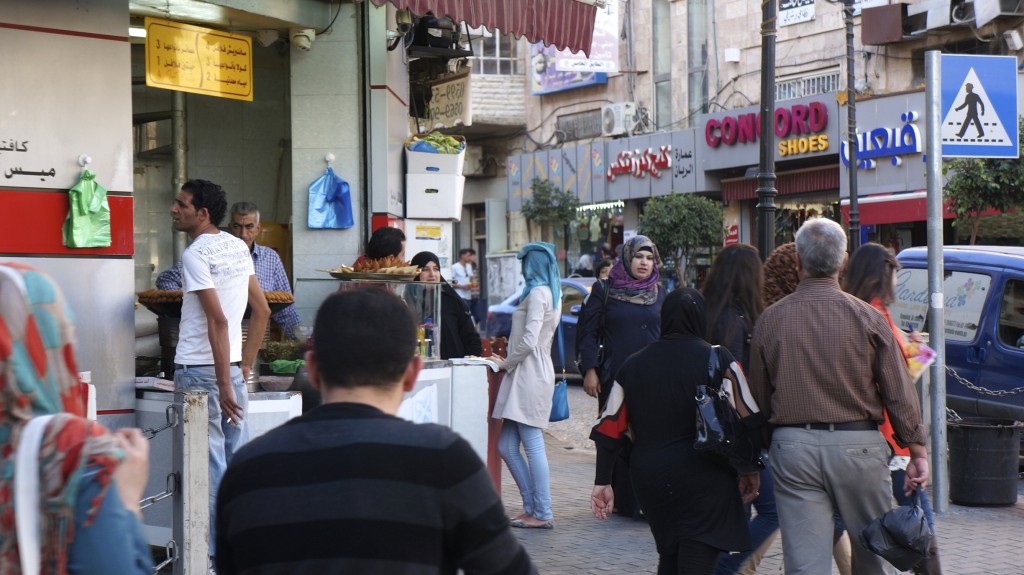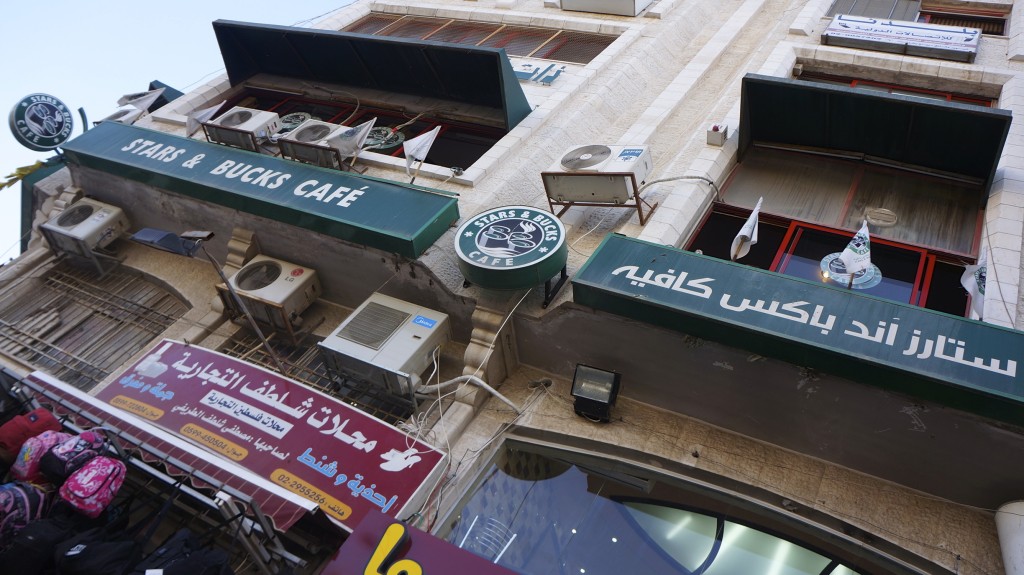RAMALLAH — Among the highlights of my week in Israel and the West Bank were a couple of days spent in Ramallah, the de facto capital of the West Bank, if not the entire area controlled by the Palestinian Authority.![]()
Instead of pushing through a crowd of tourists and a throng of horrible souvenir shops in Bethlehem or touring a 1960s-era church in Nazareth, you’d be better served to spend a day and night walking through this most incredible of cities, which now has the vibrant feel that I once imagined East Jerusalem must have had prior to the Six Days War in 1967, during which Israel took military control of east Jerusalem and all of the West Bank (plus the Golan Heights and Egypt’s Sinai peninsula), and prior to the construction in the last decade of a security wall that’s made it relatively more difficult to get from the Israeli side of the wall to the Palestinian side.
While I wouldn’t say that East Jerusalem is moribund, it’s clear that it lacks the kind of energy that’s obvious from five minutes on the streets of Ramallah, which resembles something like a miniature Hamra Street in Beirut (without the Syrian Social Nationalist Party thugs hanging around). The heart of modern Ramallah, al-Manara Square, is actually a five-pronged circle flanked by everything from falafel stands to the ‘Stars and Bucks Café,’ and it’s capped by a monument featuring four stone lions (pictured above).
Ramallah, which translates to ‘God’s mountain’ in Arabic, is a relatively new city, founded in the 16th century and populated as a predominantly Christian city for much of its history. Even today, Ramallah has only around 40,000 inhabitants, but when taken together with al-Bireh, once a separate city, the entire metropolitan area is home to around 65,000 Palestinians. Continue reading Photo essay: It’s clear that Ramallah is booming, but is it sustainable?


